As part of your development into a professional engineer, you will complete 800 hours of work experience in engineering businesses and organisations. These placements typically take place at the end of the second and third years of the degree for three months, from mid-November until the end of February.
At every stage of your degree, you will be involved in creating, designing and realising sophisticated engineering products. These hands-on projects also help to develop the 'soft skills' sought by potential engineering employers, such as effective project management and the ability to work as a team.
In your first year, you will complete a number of compulsory papers including the popular Foundations of Engineering. Teams of students are challenged to design and build model boats over the course of the semester, culminating in a race day on the University’s Oranga Lake.
During your second year you will begin to specialise, depending on the programme you have chosen to study. Then in years three and four, work placements will form a large part of your study.
By the end of your fourth year, you will have also worked in groups to complete a major research and design project with potential for commercial application – like the pine tree seed planter designed and built in collaboration with tree improvement and treestock production business ArborGen Australasia. You will showcase your project at the end of year Waikato Engineering Design Show – an expo-style event open to industry and the public.
By the time you graduate you will have the credibility of paid experience to take with you as you start your career.
Why are work placements important?
Placements allow you to gain essential work experience in an engineering business. This experience often includes learning about specialised practices for industry, while also providing you time to develop critical professional skills and improve employability. Tasting what it's like to work in a specific field and company also helps to inform you about the key decision of where to start your career.
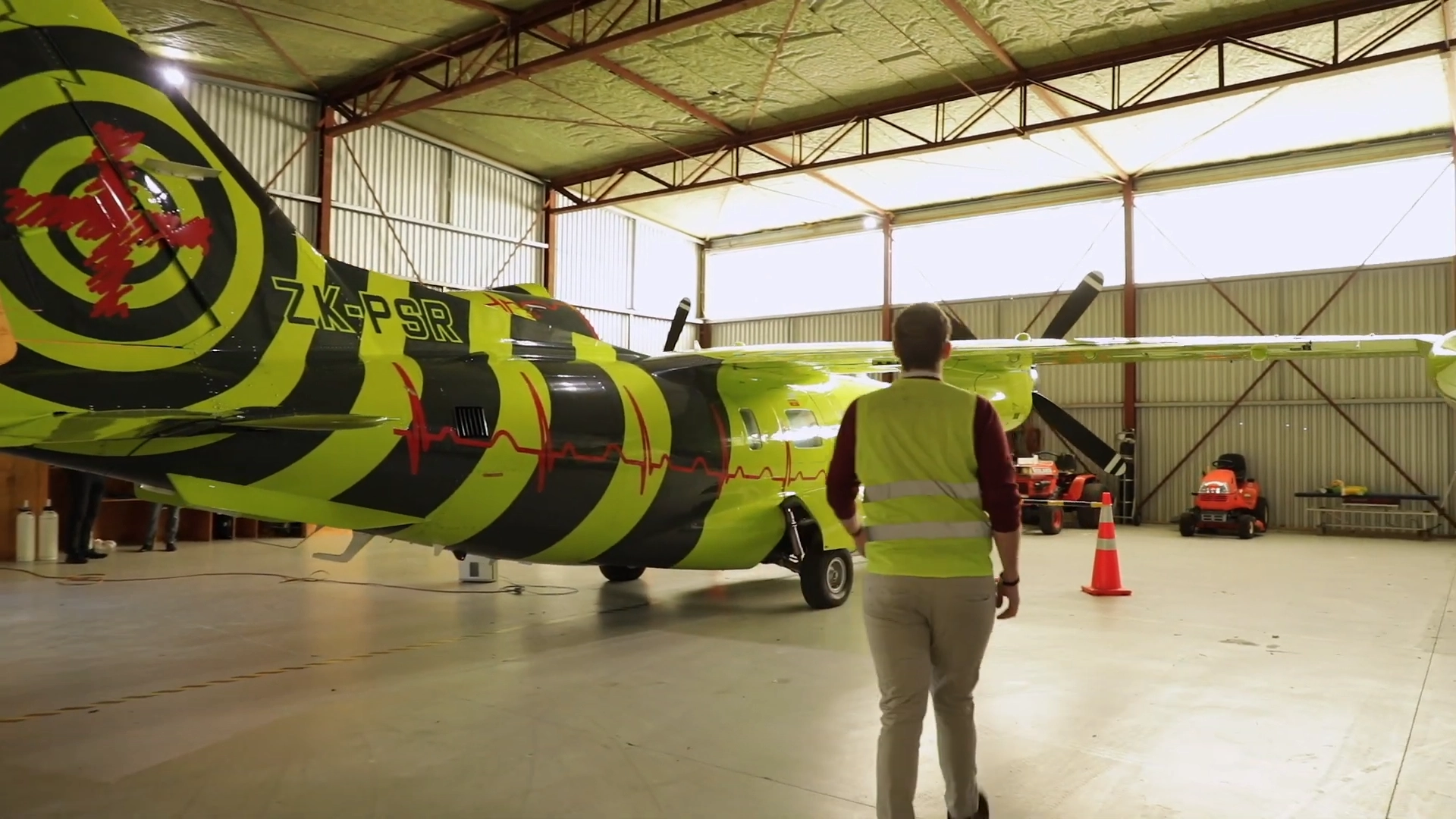
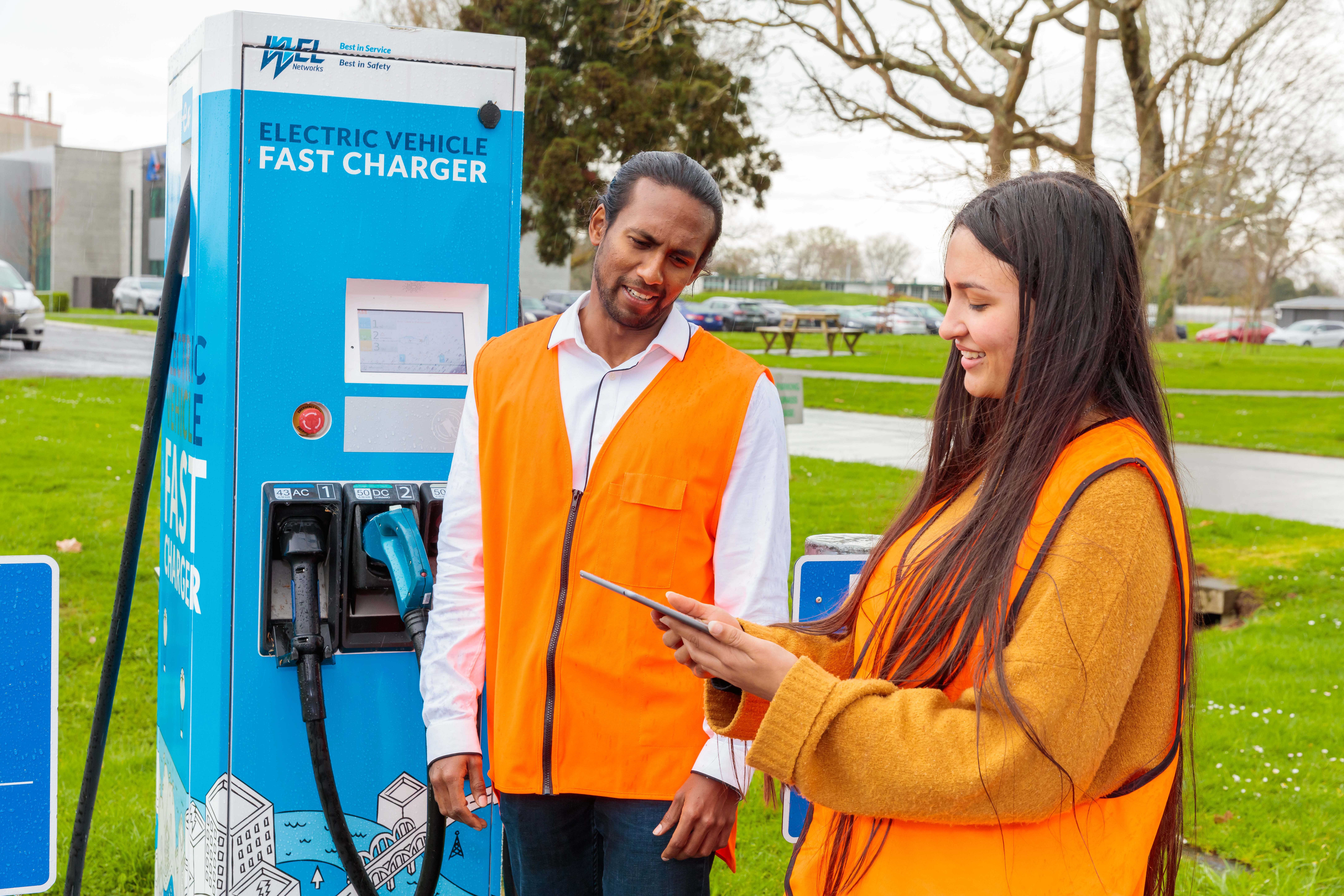
What is unique about work placements at Waikato?
At Waikato, we believe in creating work-ready graduates, and so much of this depends on successful work placements. That is why we have a dedicated team of Work Placement Coordinators, who connect you with industry, assist you with developing CVs and Cove
Contact our Work Placement Coordinators
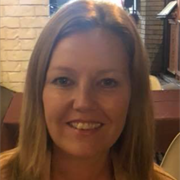
Work Placement Manager
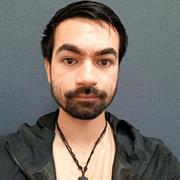
Work Placement Coordinator
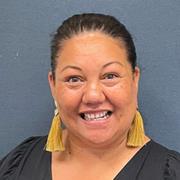
Work Placement Coordinator
Where do our students go for work placements?



We employ Waikato Graduates because of their ability to perform multi-disciplinary research & development in a commercial environment.
Andrew Dawson (PhD, BSc Hons)
Chief Operating Officer, Robotics Plus.